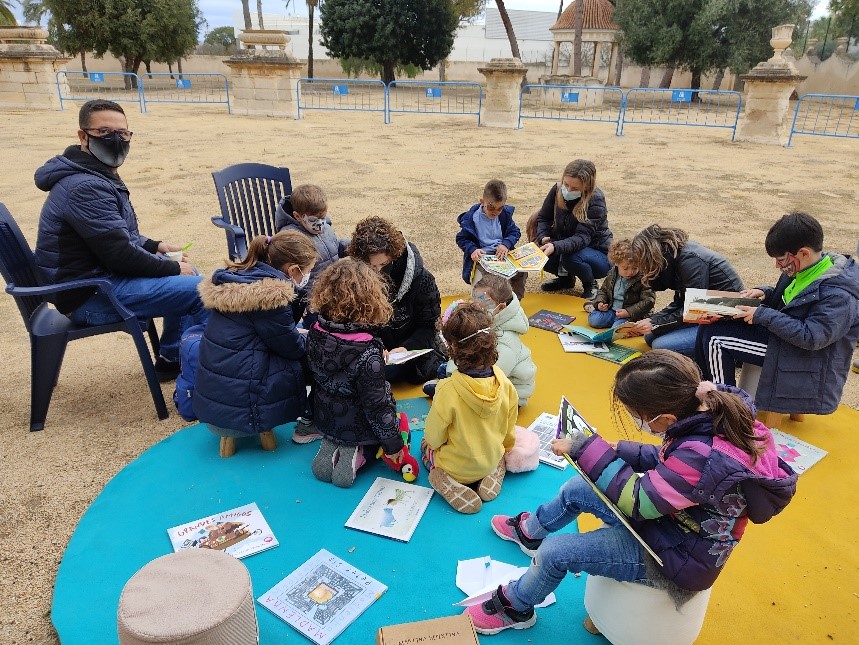
Research shows that pupils whose parents take an active part in their educational life do better with regards to education, jobs, health, economy and leading a life away from criminality.
Teachers and pedagogues are key when it comes to engaging parents in their children’s social and cultural education in school, but they lack useful methods to succeed. The project ‘Who Conducts the Orchestra? – A shared responsibility of parents and teachers for children’s social and cultural education’ aims to create awareness of parents’ importance in children’s school life and develop concrete methods to improve collaboration between teachers, pedagogues and parents.
The key elements in the project are based on the theories of P.-O. Wikström, professor in Criminology at Cambridge University, and on a methodology and an interdisciplinary training programme called ‘Who Conducts the Orchestra’, developed in Vejle Municipality, Denmark, for dealing with challenging children and youth.
According to Wikström, children who grow up with good relationships, good morals and education, who learn self-control and grow up in a healthy environment, become resistant to crime and abuse, and experience higher self-esteem (Wikström, 2016).
The most important environments for learning self-control and developing personal morality are the family and the school. A good collaboration between the family and the school and a sense of shared responsibility are essential for engaging parents in school activities and thus their children’s social and cultural education.